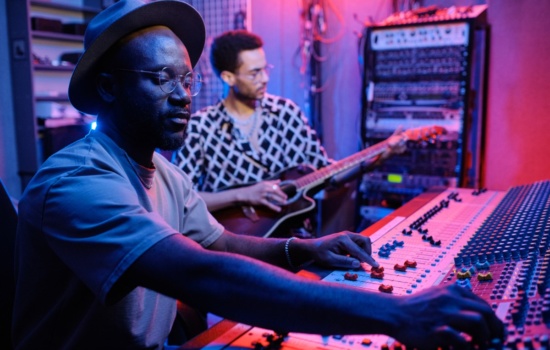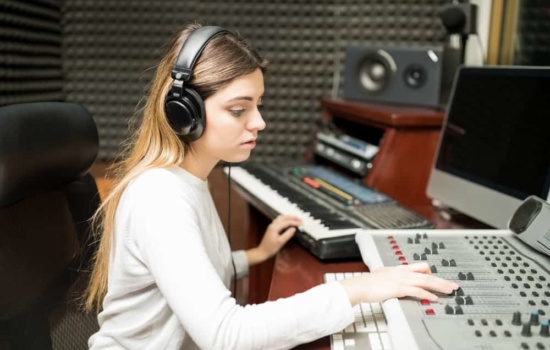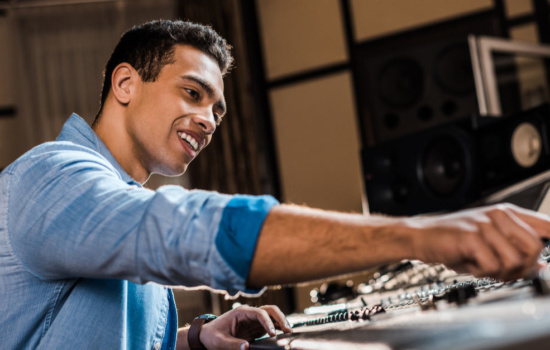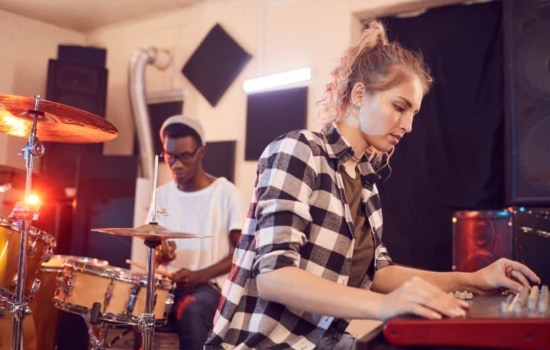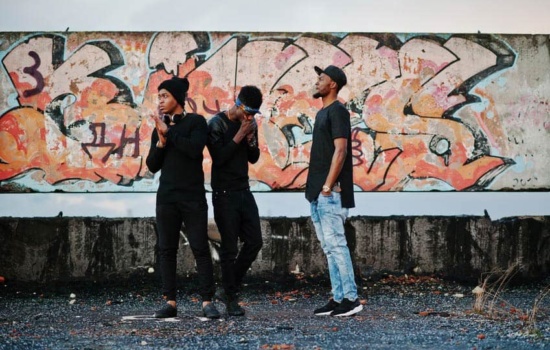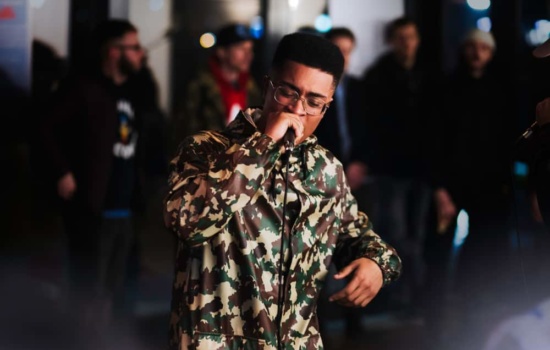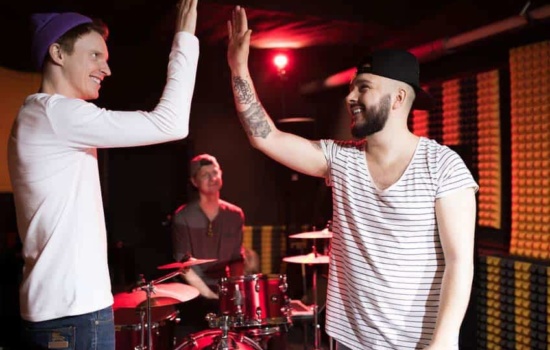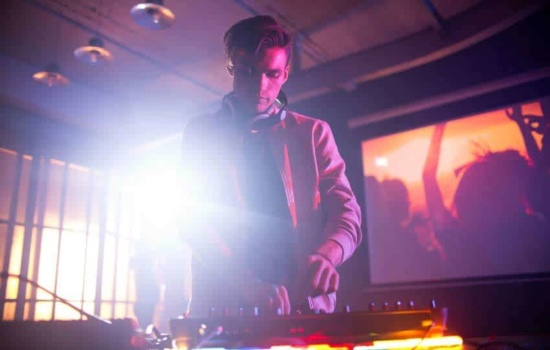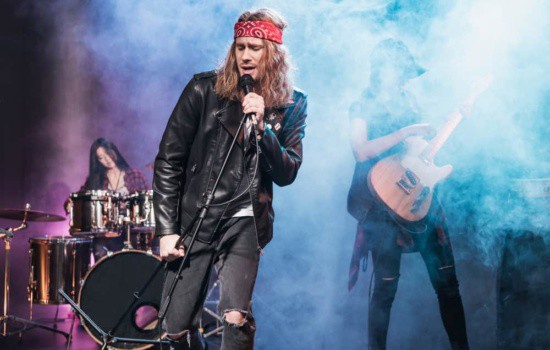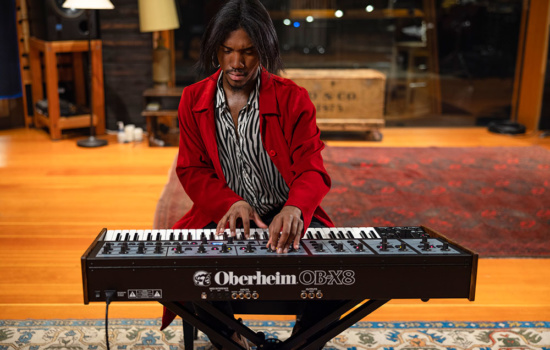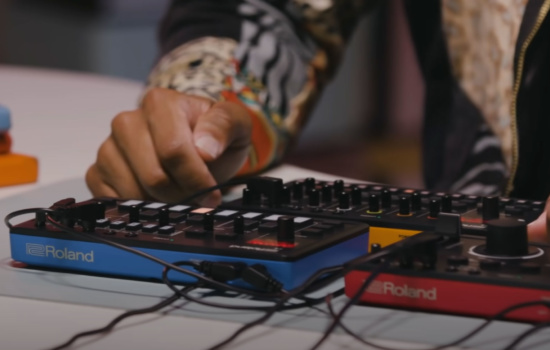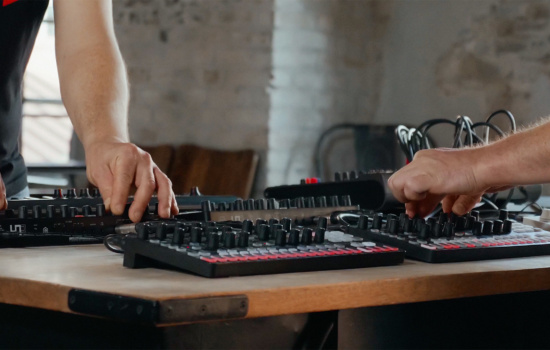Music Career Finder
Start Here:
Lighting Technician
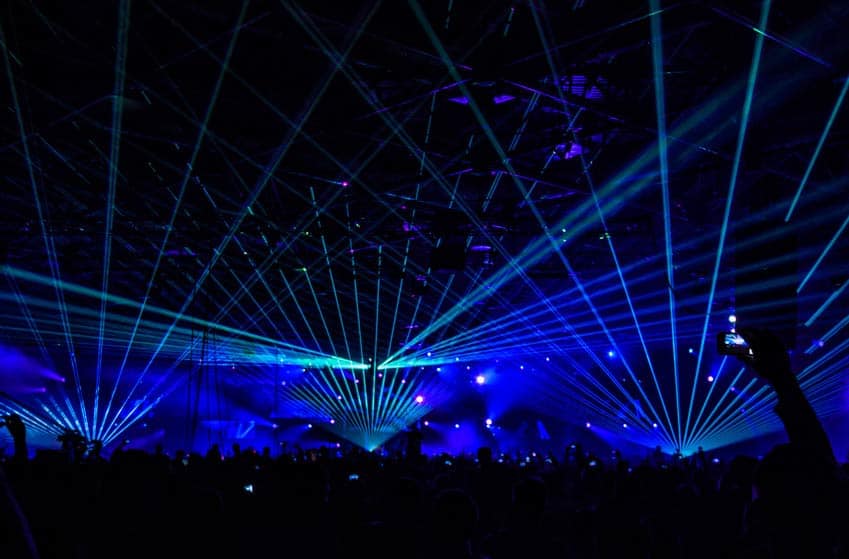
How To Become a Lighting Technician
People also ask
Career Description
The Lighting Tech controls the lighting and visuals appearing onstage by operating the lighting board. He or she is also responsible for rigging lights, hanging lights, unloading and moving lighting equipment, and making sure all gear is fully functional.
Adam Hoeldke, Lighting Tech and Tech Director for Uniun, one of Toronto’s premiere electronic music venues, says his job consists of “supervising Techs at other venues, designing and running lights, staffing, and maintenance.”
Lighting Techs work with Tour Managers, Production Managers, Booking Agents, Road Crew, artists, Lighting Directors and Club DJs. Lighting Techs either tour with a performer or work in-house at a venue. For those employed by a venue, part of the job is “working out logistics [with an Artist’s tour staff] so they have what they need the day of the show,” Hoeldke says.
What is a lighting technician?
A lighting technician is in charge of setting up, rigging, programming, repairing, and generally overseeing the lighting equipment and software at live events. A good lighting technician has experience with all different kinds of lighting and visuals and is able to do intense physical work and work late hours.
Salary
On average, a Lighting Technician’s yearly earnings are around $58,300. Lighting Technician salaries can range from $50,000 to $68,000.
“When you’re on the road, it’s a day rate with less money when you’re not on a show. Food and accommodation are covered except on off days. When you’re on the bus, you’re looked after for everything,” Hoeldke says.
For those working in-house, forms of payment can vary. Lighting Techs can be “contracted, [on] salary [or] a daily flat rate [or] hourly. It’s what you negotiate,” he adds.
Hey, what do you think about trying our new Music Career HelperMusic Career Helper really quick? It’s totally free and could help get your career moving fast! Give it a try. It’s totally free and you have nothing to lose.
Career Outlook
Many Lighting Techs work freelance, especially at the beginning of their careers, so a good deal of their time is spent seeking work–at least until they establish a name for themselves in the industry. “You go from making phone calls to telling people ‘sorry, I’m booked,’” Hoeldke says.
Freelancers often find the most employment opportunities on the road. ‘It’s a little rough when you first start touring. It can wear on you,” he says, adding that the camaraderie between the crew often makes up for the grueling pace of life on the road, despite “waking up in a different city every morning with no idea of where you are.”
In-house Lighting Techs at concert venues and nightclubs will have a schedule very similar to Hoeldke’s current schedule. “Primarily I am evenings, weekends—a nightclub shift,” he says. “I also do corporate events and special events during the day.”
Career Path
Most Lighting Techs start out as Stagehands, “unloading trucks, hanging lights,” Hoeldke says.
As they move up the career ladder, they can assume the roles of Dimmer Tech or Lighting Assistant, in which capacity they’ll be “the one running around checking everything is plugged in where it’s supposed to be, then start learning how to run a lighting desk, start[ing] with small bands and electronic Artists and work[ing] your way up.”
From working as a Lighting Tech, one could move into a role as Lighting Director or Tech Director.
Aspiring Lighting Techs should first “start looking at jobs at local arenas and theatres as a Stagehand. Be hardworking. If you want to learn, there are people who will teach you what you want to know. This is definitely an industry where hard work pays off,” Hoeldke says.
A candidate who starts from the bottom and works hard, proving their interest and commitment in becoming a Lighting Tech, can find a mentor who will teach them the ropes.
- Start off by looking for a position as a Stagehand before moving up the ladder.
- Search for jobs at local arenas, concert halls, and nightclubs.
- Ask questions when you’re unfamiliar with equipment, instead of pretending you know more than you do.
- “Throw yourself out into the industry,” Hoeldke says. “Just keep pushing away and you never know where you’ll end up.”
Experience & Skills
A good Lighting Tech is someone with experience in all the different worlds that require lighting and visual displays. Hoeldke suggests the best Lighting Techs are “well-versed between corporate, concert stuff, maybe a splash of theatre, nightclub, EDM dance kind of stuff,” and are “someone who’s well-rounded with a decent head on their shoulders” because “that way they have a little more versatility.”
He highly recommends that, while beginning your career as a Lighting Tech “instead of having someone fumble around trying to figure something out for half an hour, just ask.” More experienced Techs are happy to share their knowledge.
Lighting Techs must be okay with intense physical work and late hours.
“Be comfortable working with heights. We do lots of stuff in the air,” Hoeldke says. “Part of lighting is being a Rigger. Be good with not having a sleep cycle. Be versatile, and open to taking any phone call you get when you first start out. Have a thorough understanding of the basics and an eagerness to learn. If you’re constantly asking questions, I’m going to keep you around.”
He jokes, “I think we’re all a bit nuts to do this,” adding that other essential personality traits include being “outgoing, thick-skinned, eager, hardworking and [being willing to] keep your nose to the grind.”
What skills does a lighting technician need?
A lighting technician needs to know how to operate all different kinds of lighting equipment and the corresponding software that controls the lighting. They need to know what type of lighting works best in different settings, including live music of varying genres, theatre, nightclubs, and EDM/dance concerts. They also need to be physically fit enough to lift and move around heavy equipment and work late into the night.
Education & Training
Lighting Techs come from a variety of educational backgrounds. Many Techs have training in theatrical production design, audio engineering, audio/visual technology or lighting technology. Every educational background brings something positive to the team.
Hoeldke says “if you have a general understanding of the industry” and understand “aerial lifts and basic safety training” you’ll be in a good position to start learning the on-the-job skills necessary to work as a Lighting Tech. “It’s a toss-up between being out there working and being on the job” and having formal classroom training.
“If you’re interested in becoming a Lighting Tech, look into the various training programs mentioned above and find the one that best fits your career goals. As Hoeldke says, “it’s all based on where you want to end up. The industry is fluid and constantly changing.”
What qualifications do I need to be a lighting designer?
Many lighting technicians/designers have a background in theatrical theatrical production design, audio engineering, and/or audio and visual technology. It can help to understand aerial lifts, basic safety training, and how electronics work.
Additional Resources
Lighting Techs are often part of the International Alliance of Theatrical Stage Employees (I.A.T.S.E.), especially if they’re employed by an opera house or major theatre.
“It’s pretty unionized in the US,” Hoeldke says, but “for the most part, it’s an industry of freelancers.” Before joining a union, he says, “do your homework and research what works in your specific areas to see what will work for you.”
FAQ
What is the single biggest suggestion you would give to someone wanting to get into this career?
“Learn. Learn every single piece of gear. Keep learning. Keep current.”
What’s the #1 mistake people make when trying to get into this career?
“Jumping into positions they’re not ready for, biting off more than they can chew. Instead of benefiting them, it burns them. By all means, keep learning, but don’t jump into a position you’re not ready for. It makes you look incredibly bad.”
What is the question people should ask about this career but rarely do?
“Whether or not they’re only going to be doing lights. Working in the industry you kind of have to be a jack-of-all-trades. A lot of new kids don’t think to ask, ‘Do I have to unload the truck? Do I have to do rigging?’ Yes. You need to do all that. Sometimes they’re a bit blindsided when they walk into a big show. Just say, ‘I’m not sure what I’m doing.’ We prefer that.”
What is one thing I should have asked which I didn’t?
About if a Lighting Tech needs to have a creative side. Hoeldke says, “A person with an artistic, creative flair would make a good lighting person. The sound guy has to make it sound beautiful; the lighting guy has to make it look beautiful. A creative person will always do better. Add something that makes it your own.”
If you could describe in one word what makes you successful, what would it be?
“Perseverance. The industry is constantly changing.”
Sources
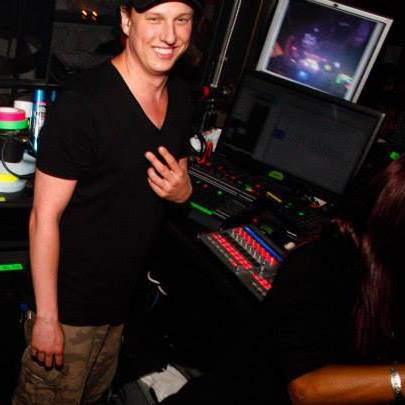
Adam Hoeldke
Adam Hoeldke is the Lighting Tech and Tech Director for Toronto nightlife heavyweight Uniun and other Ink Entertainment-owned venues. With over a decade of experience in the industry, he has also spent time on the road as a touring Lighting Tech, and has worked with everyone from local luminaries Manzone & Strong and Mark Oliver to British DJ legend Pete Tong.
References
- 1Multiple. "Lighting Technician Salaries in United States". Glassdoor. published: Dec 12, 2019. retrieved on: Dec 17, 2019

